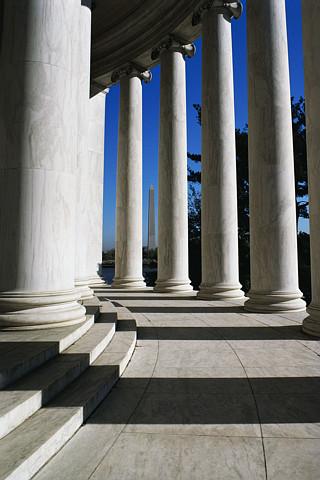Recent NIW Development





Introduction
Due to many factors including a weakened job market, slowing economy, and the US war on terrorism, the USCIS has responded by tightening nearly all employment-based categories. This is already evident through the heightened scrutiny that the USCIS has placed on H-1b applications. As a result, it is not too surprising to see that this USCIS crackdown has spilled over to the NIW category as well. Many attorneys and law firms are no longer having the same type of success with these kinds of cases; what normally worked in the past is not as effective today. It seems that the USCIS may have possibly altered their adjudication practices and are requiring NIW applicants to qualify under a stricter and more demanding standard. However, Z&A has kept abreast of USCIS procedures and have modified our practice accordingly to meet these new standards.
Discussion
Filing a successful NIW application is more difficult nowadays because it seems that each of the four USCIS Service Centers has their own standard of adjudicating NIW cases. We have broken down our observations of current USCIS adjudication practices regarding NIW petitions below.
1. California Service Center
Since June 2002, the California Service Center (CSC) has issued requests for additional evidence (RFE) for the majority of NIWs filed with their service center. In addition, it seems that the CSC has raised the standards for NIWs as well. Instead of using the "minimally qualified" standard to evaluate the applicants' qualifications for an NIW, the CSC has been requiring the applicants to show that they will contribute more significantly to research than "other well-qualified, experienced, and highly skilled researchers." Moreover, the USCIS has also been requiring the applicants to obtain letters of recommendation from recognized government, research organizations, or major agencies attesting to the impact and significance of their research accomplishments.
After receiving CSC's requests for additional evidence under their stricter requirement, Z&A has begun to modify our petition letters and our approach to address this new standard. Furthermore, we also have been informing our clients of the importance of getting letters of recommendation from recognized government, research organizations, or major agencies. Understandably, many applicants find it difficult to obtain such a letter of recommendation. As a result, applicants should at the very least try and obtain multiple letters from other independent researchers who have never worked with them in the past. According to our recent experiences, the CSC has been quicker to issue an approval if applicants can produce a letter of recommendation from a recognized government, research organization, or major agency.
2. Nebraska Service Center
Many law firms have discovered that the Nebraska Service Center (NSC) has been brutally difficult in recent months by denying NIW petitions without issuing an RFE. This is troubling because many of the USCIS questions could have been answered if the USCIS had simply provided an opportunity to respond to its concerns through the issuance of an RFE. Realizing that this is against internal USCIS procedure, our office contacted AILA, our industry's national organization, regarding this matter. AILA subsequently took up this issue and contacted the NSC supervisor to bring the USCIS' erroneous behavior to his attention. Due to Z&A's proactive stance in this matter, the USCIS supervisor admitted that the USCIS officer had acted improperly and are in the process of re-opening all of the denied NIW cases for further review.
3. Vermont Service Center
Although the Vermont Service Center (VSC) does not seem to have changed their approach much, the processing times have been lengthened considerably. It normally took the VSC only 3 - 4 months to adjudicate such cases in the past. However, it is now taking 8 - 12 months for an approval. It is also our opinion that the VSC has the most detailed RFEs and will also at times request that the applicant obtain a letter from a government agency or laboratory.
4. Texas Service Center
Like the VSC, the Texas Service Center (TSC) does not seem to have changed much in their approach in adjudicating NIW petitions. Applications filed in the TSC are still easier to get approved than the other service centers. Although our office has rarely received an RFE from the TSC requesting a letter from a government agency or laboratory, it is not uncommon for the TSC to want a letter from someone that has never previously worked with the applicant.
Conclusion
There is no denying that this USCIS shift is troubling. Not only does this lead to additional work that makes NIW petitions more time consuming and nerve-wracking for NIW applicants, but it also leads to greater denials. Therefore, it is more important than ever to find an experienced law firm with a strong background in filing NIWs to assist applicants in their NIW petition. Z&A, which has filed nearly 1,000 successful NIW applications, is attentive to any changes in USCIS procedure and is quick to adapt to new USCIS standards in order to better serve our clients' needs.
(01/31/2003)
For more news and articles, please click here




